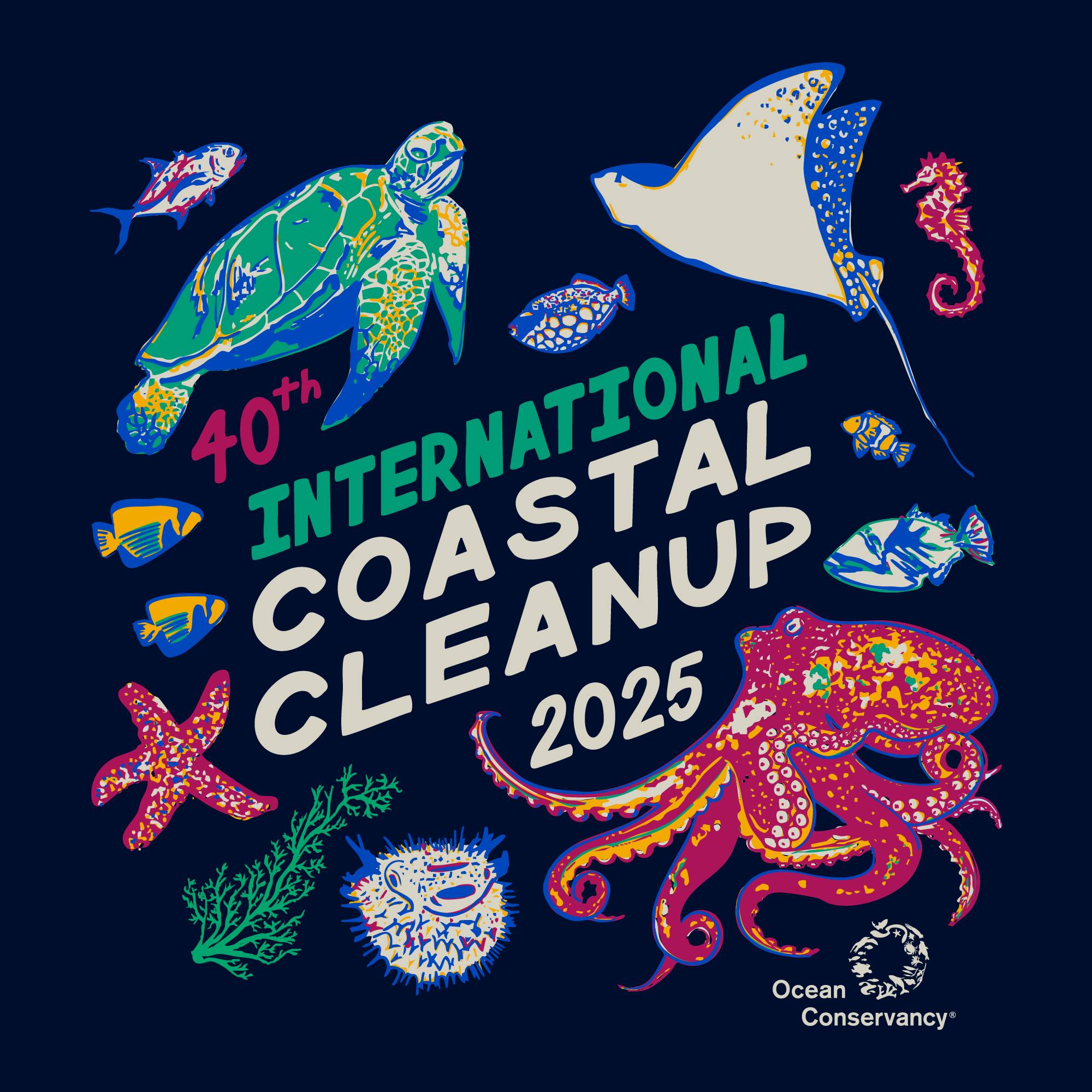
Coastweeks, or the International Coastal Cleanup is a nationwide effort coordinated by The Ocean Conservancy and for the past 30 years, they have inspired millions of people to assist with the cause for healthier seas. Each year, The Ocean Conservancy mobilizes communities to help organize and participate in beach cleanups whilst recording/documenting data such as what kinds of trash they pick up and how much. You can join the effort to reduce marine debris from our coasts to help keep our islands clean!


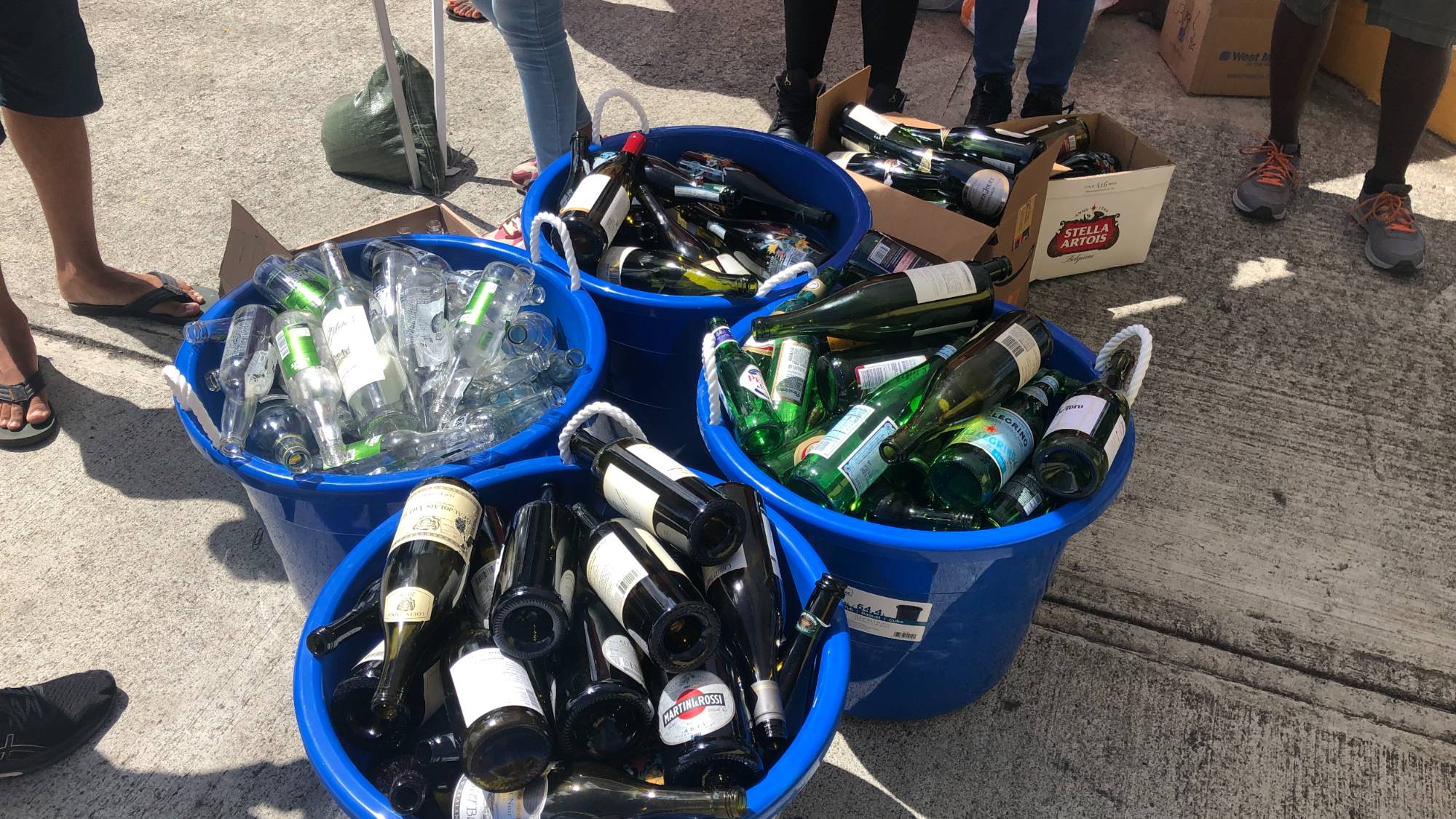

64% of all trash collected during the 2024 Coastweeks cleanups was plastic waste. This included items such as 2,833 plastic bottle caps, 2,321 plastic pieces, and 1,670 plastic bottle caps. While these items may seem small in size, they can have long-lasting impacts when improperly disposed of.
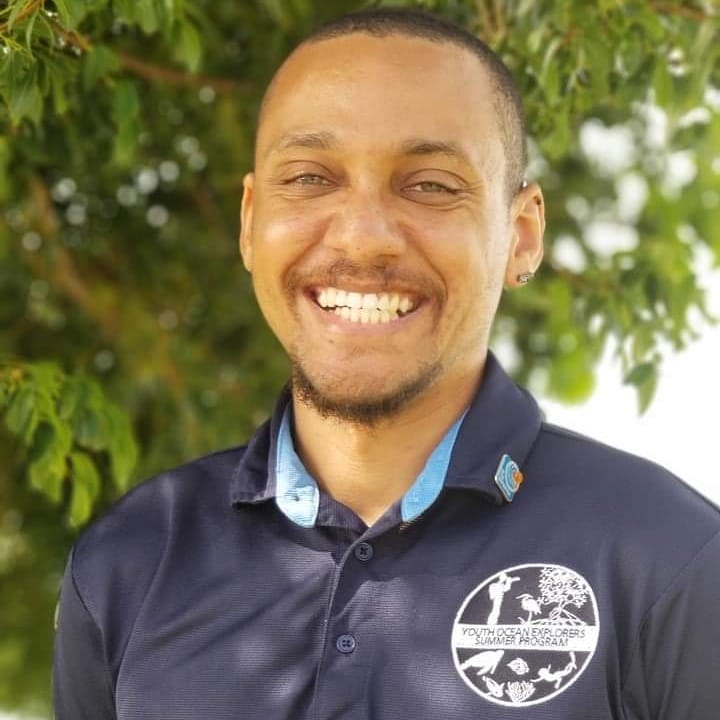
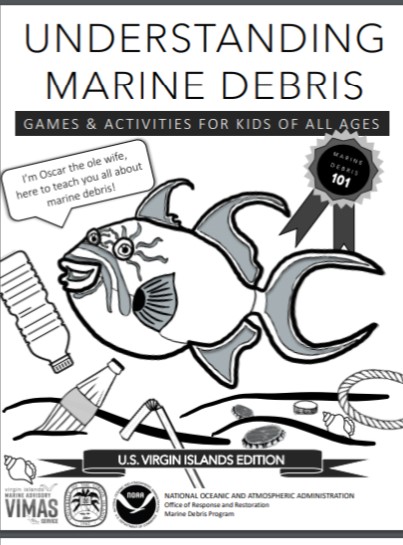 This activity book was adapted from the NOAA Marine Debris Program and contains locally-relevant
examples and activities to educate you on the topic of marine debris as well as what
you can do to prevent it. Hard copies of the book can be made available upon request
though supplies are limited. Click the image of the book above or HERE to access the full activity book.
This activity book was adapted from the NOAA Marine Debris Program and contains locally-relevant
examples and activities to educate you on the topic of marine debris as well as what
you can do to prevent it. Hard copies of the book can be made available upon request
though supplies are limited. Click the image of the book above or HERE to access the full activity book.
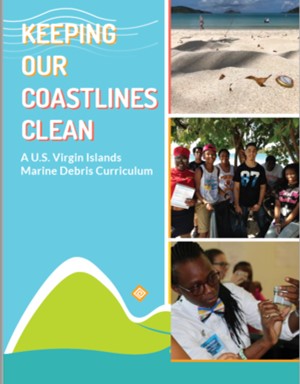 This curriculum was funded through the NOAA Marine Debris Program and developed through
the collaborative input of USVI educators, scientists, natural resource managers,
students, and many others. Adapted from the marine debris curriculum developed for
Oregon Sea Grant, this resource provides educators with strategies and tools to provide
locally-relevant instruction to their students on the topic of marine debris. Hard
copies of this resource can be made available upon request though supplies are limited.
Click the image of the book above or HERE to access the curriculum.
This curriculum was funded through the NOAA Marine Debris Program and developed through
the collaborative input of USVI educators, scientists, natural resource managers,
students, and many others. Adapted from the marine debris curriculum developed for
Oregon Sea Grant, this resource provides educators with strategies and tools to provide
locally-relevant instruction to their students on the topic of marine debris. Hard
copies of this resource can be made available upon request though supplies are limited.
Click the image of the book above or HERE to access the curriculum. Our team uses this presentation to introduce the topic of marine debris whilst paying attention to 4 main areas: 1) What is marine debris? 2) How is marine debris transported? 3) What are the impacts of marine debris? 4) What can we do to minimize and/or prevent marine debris. You can download the presentation in pdf format by either clicking the image above or by clicking HERE.
The USVI Marine Debris Action Plan is a living document created to protect the USVI coasts, people, and wildlife from the impacts of marine debris. The plan is a result of input and feedback from stakeholders at workshops held in 2020 and 2021. You can access the USVI Marine Debris Action Plan by either clicking the image above or by clicking HERE.
This Ocean Trash poster produced by The Ocean Conservancy highlights some of the more commonly found items during cleanups. These posters can be made available upon request; however, supplies are limited. Click the image of the poster or HERE to download the poster.
Download this Save the Date Flyer to advertise your next cleanup. Printed copies of these can be made available upon request. Click the image of the poster or HERE to download the flyer.
This is the data card used by The Ocean Conservancy to document the various types and amounts of trash collected during cleanups such as our annual Coastweeks cleanups. Download the data card by clicking the image above or by clicking HERE.
You can hand these certificates produced by The Ocean Conservancy to your cleanup volunteers; printed copies can be made available upon request. Download these certificates by clicking the image above or by clicking HERE.

Data collected during this time period utilized a slightly different version of the data card. Thus, there may be variations in what data was collected.
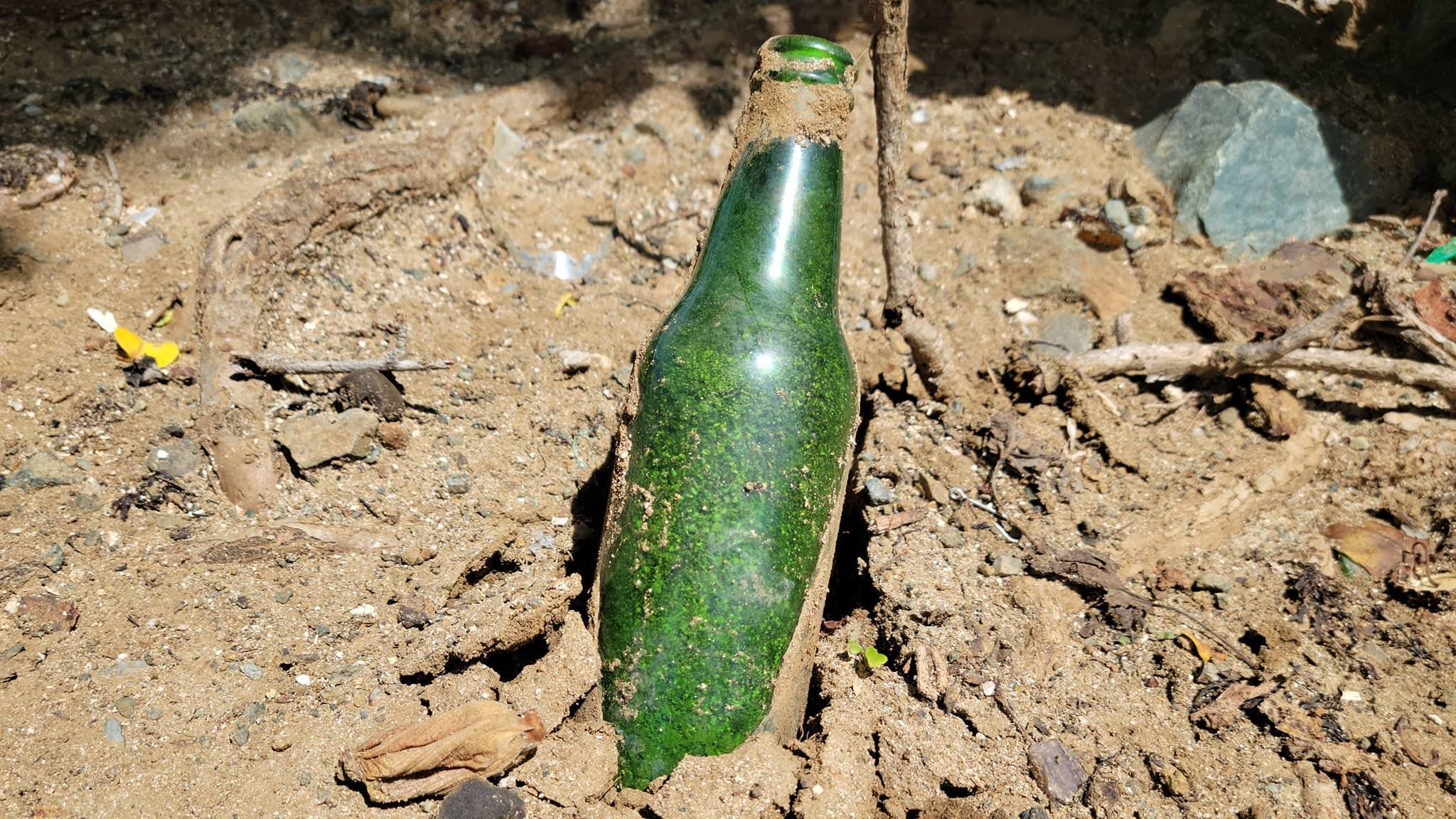
| Phone | Social Media | |
|---|---|---|
| 340-693-1674 | howard.forbes@uvi.edu |
|
| Business Hours | Monday - Friday (8:30 AM - 4:30 PM) |
|
| Offices | St. Thomas - UVI Center for Marine and Environmental Studies |
St. Croix - Albert A Sheen Campus |